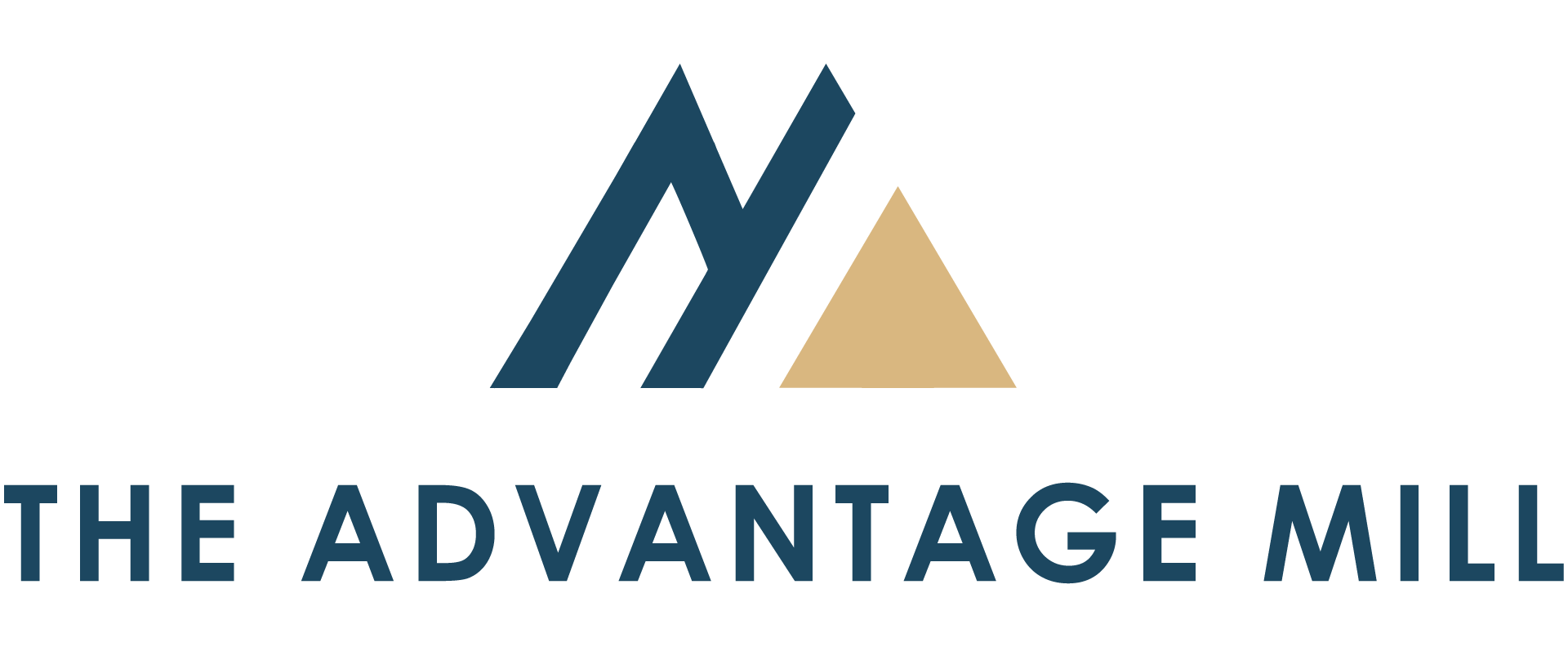Part 5 of 6
By Al Mills
Avoidance of Accountability
Key Symptom: Low Standards
The importance of safety and security in relationships and team work is one that’s hard to overstate. So much practical functionality is built on the matter of trust which is the foundation for teams that function well.
When it comes to accountability the issue really becomes acute. Have you ever had a conversation with someone who recently had Caesar salad, garlic bread, and a meatball sandwich? Yeah, the garlic might be in the air! What would you say to a perspective client, or someone you had just met? Probably you’d say nothing and survive the meeting. On the other hand, if the garlic offender is a friend, you might take Donkey’s position when he says to Shrek: “Shrek, you need a tic-tac or somethin’ ‘cuz your breath STINKS!”
Why does it seem to be more likely that you’d say something to a friend, family member, or significant other? Quite simply, you feel safe in the relationship, and know they will accept your pointing out their halitosis in the good and helpful spirit in which it is intended.
If we apply this to our team relationships, we see immediately the need for safety and trust in team members. When we don’t have that, things begin to collapse. When we can build a safe relationship, and apply accountability, the team functions better. And safety is not the only matter here. When accountability is a high value of a team, everyone works with everyone to hold up and achieve the goals and mission of the team.
Holding someone to account is not to satisfy an inner need to correct or be proven right, but is an externally pressured act and value. Positive peer pressure should be evident in a team environment, with everyone’s goals to be the good of the team. So, everyone holds everyone accountable. In an operational team, it’s OK to cross lines of responsibility; it’s good for the marketing manager to question the financial manager on how or if goals are being met. It’s good for the operations manager to hold the HR manager to account on employee satisfaction and policy. This is what a team does when it functions well. The barriers come down, the goals of the team become prime, and holding each other accountable becomes a function of peers and colleagues rather than supervisor to direct reports. We all have some insecurities about what identity we find in our work and can get easily defensive when we perceive someone is acting like they are our boss when they are not. These feelings have to fall away so that functioning teams can work well.
Low standards automatically come into play here because as we neglect accountability, we find ourselves willing to accept subpar performance as it becomes the only option. Rather than building into colleagues and raising them up to a higher standard, we just settle for what they are willing to give.
To get complete expansion on this make sure you read Lencioni’s book The Five Dysfunctions of a Team.
Stay tuned for the next Dysfunction from Lencioni
Al Mills is the lead consultant and founder of The Advantage Mill, a company dedicated to bringing out the best in the workplace. You can find the website at theadvantagemill.com.

